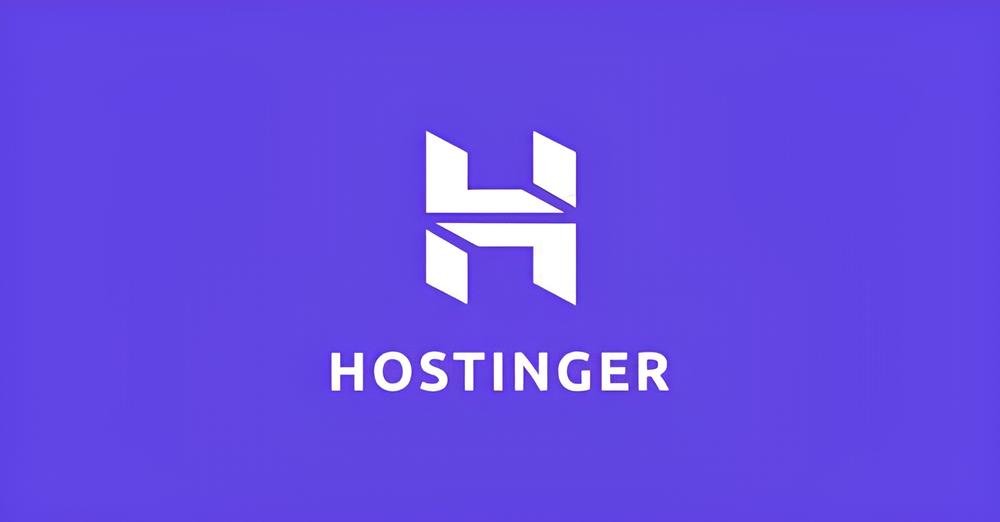
In today’s digital age, the debate over the necessity of a website for conducting business online is more relevant than ever. With various platforms and tools available, many business owners wonder if investing in a website is essential. This comprehensive guide explores the arguments for and against having a website, helping you make an informed decision.
For most businesses, having a website is highly advantageous and often necessary for long-term growth and success. It provides a professional image, a platform for detailed information, and a foundation for various digital marketing efforts. However, for some small businesses, startups, or those with limited resources, leveraging alternative platforms like social media and online marketplaces can be a viable option.
Starting at age 44, your energy, metabolism, and overall well-being may be silently declining. Don’t wait for symptoms.
Social networks and other online platforms have revolutionized how businesses operate. These tools offer alternative and often complementary ways to conduct business online, providing unique opportunities for marketing, sales, customer engagement, and brand building.
While a website provides a centralized and professional online presence, leveraging social networks, online marketplaces, and messaging apps can complement and enhance your digital strategy.
Using Social Networks and other Platforms to Boost Your Website
In the digital age, social networks and other online platforms have revolutionized how businesses operate. These tools offer alternative and often complementary ways to conduct business online, providing unique opportunities for marketing, sales, customer engagement, and brand building.
This comprehensive guide explores how businesses can effectively use social networks and other platforms to succeed online.
Online Marketplaces
You can promote and sell your products on platforms such as Amazon, eBay, Etsy which already have an established customer base and an integrated payment system.
Social Networks
Use platforms such as Facebook, Instagram, YouTube, Quora, LinkedIn, Pinterest, WhatsApp, X (formerly Twitter), among others to promote and sell your products or services directly through posts, ads or direct messages.
E-Commerce Platforms
If you don’t want to have your own website, you can use e-commerce platforms such as Shopify, BigCommerce or WooCommerce, which allow you to create a custom online store without requiring advanced technical knowledge.
Advertising Platforms
Such as Taboola, OutBrain, RevContent, MGID, Eleavers, StudAds, among many others that allow you to promote and market your products and services around the world.
Disadvantages of Not Using a Website
Although, as we have mentioned, it is possible to develop and promote your online business without a Website, this approach has many more disadvantages than advantages, which we detail below:
Its Presence on the Web is Limited
Although a website is not the only way to establish an online presence, it is a very effective and essential tool to reach a wider audience, increase credibility and facilitate communication with clients or interested parties. And even more, in some cases, such as Affiliate Marketing and Email Marketing, many platforms require that you have a Website and its corresponding corporate email account.
You are Not Generating Asset Value
A website can be viewed as a valuable digital asset, similar to a physical property, especially if it is well developed, has relevant content and attracts a significant audience (traffic). Some reasons why a website can be considered a valuable asset are:
- its commercial value.
- brand and reputation.
- generation of income (through advertising, sales of products or services, memberships, among others).
- digital assets and intellectual property (the content, design and other digital assets associated with a website may be considered intellectual property)-
- and growth potential. A website well positioned in its niche can have great potential for future growth.
Do Not Own the Land on which you are Building your Business
When you own a website, you are in control. You own the domain name. As you publish articles you also own the space in which the URLs of your posts are located. If your online business is located solely on a social media site, you are subject to its changing regulations and terms of use.
A promotional method you were using successfully may suddenly be banned and in the blink of an eye you no longer have any income and have to implement a new strategy. They may also delete your account due to a violation.
The Content Doesn’t Last Long in front of your Followers
Content on social platforms tends to have a limited lifespan in front of your followers due to the changing nature of algorithms, the constant flow of new content, the short life cycle of content, and the lack of ownership and control over content. Having your own website provides you with a space where you can control and maintain your content in a more permanent and stable way.
There's Always Competition to Contend with
If you rely exclusively on social media to promote your business, you are constantly competing with other users and the platform’s algorithms, which can hinder your ability to stand out and achieve your business goals. Of course, your website competes with other websites in the same niche. However, once they are on your website, the visitor is yours. He is reading information from your various publications and visiting pages with his products. His attention is not swayed by a competitor’s offer.
The Approach Needs Adjustment for a Different Audience
One of the things you need to keep in mind when trying to build your online business on social sites is the great diversity in the audience, which requires a different approach. When you market on a social site, you need to realize that it is not a browser. When people access a browser, they search for information. They are looking to solve a problem.
On the other hand, when a visitor accesses a social site, it is most likely that he wants to find out about the most recent publications of his friends or the latest news from the groups to which he belongs. That visitor is not looking for the information or help you can provide. Therefore, your approach has to be softer, perhaps a multi-step approach leading up to your business offering.
Be Mindful of the Limitations and Restrictions of Social Media
Social networks have different rules for promoting different products in the market. For example, Facebook does not allow certain types of links.
The advantage of having a website is that the rules you have to follow are the FTC disclosure rules, which are relatively stable. The rules for social media sites vary as your business philosophy changes.
Social Media Can Be Even More Complicated than having a Website.
When it comes to doing an online business without a website, social media can be even more complicated for several reasons: managing multiple platforms (Facebook, Instagram, Twitter, LinkedIn, among others), adapting content, changing algorithms, interaction with followers.
Although social media can be a powerful tool for promoting your business online, managing an effective presence on these platforms can be complicated and time-consuming.
Having a Website is Not as Expensive as it is Sometimes Believed
Thanks to the variety of options available and competition in the market, having a website is not as expensive as it is often believed. To create a website, there are several paths you can take.
You could use a free standard website builder (such as Wix, Weebly or Squarespace), although, as we detail in the post titled “Best Website Builder“, it is not the most appropriate route, because, similar to using social networks, you lose the ability to customize every detail to get what you really want. You also give up ultimate control over your website.
Or, you can choose a second option which is a popular publishing tool called WordPress. WordPress does an amazing job of keeping things as simple or complex as you want. And the best of all is that it is easy to learn, it is free and you have absolute control of everything.
To build a website you need a domain name, a hosting service, and a CMS (Content Management System) like WordPress.
Domain name prices vary depending on the extension (.com, .org, .net, etc.) and service provider. On average, it can cost between $10 and $20 USD per year for the common extensions mentioned. However, most Hosting service providers offer discounts and even provide them to you for free for the first year.
Some providers also give a 15-day or one-month money-back guarantee. Of course, all this if you buy a Hosting plan.
We Don't Have to Invest a Fortune to Build a Website
As an example in real time we show you the links of 5 of the main Web Hosting providers throughout the world: Siteground, Hostinger, Bluehost, Hostgator and GoDaddy, which have comparable prices and all three provide you with a free domain name when purchasing one of their hosting plans. In addition, on the other hand, they give you a 30-day money-back guarantee if you are not satisfied with their service.
Shared web hosting, where your website shares server resources with other websites, is usually the cheapest option. Shared hosting plans can vary in price depending on the provider and included features, but you can generally find options starting at $1.95 USD per month.
As we can see, we don’t have to invest a fortune to build our own website.
Discover More of Technology Splendor: Explore Our Other Sites
Your Health is your Best Investment
Energy, clarity, and balance are the foundation of every dream. Without health, wealth loses its shine and relationships lose their spark. Discover strategies to strengthen your body, sharpen your mind, and energize your spirit.
Learn How to Protect It →Relationships Give Life Meaning
Health gives you energy. Wealth gives you freedom. But only deep, authentic relationships give life true purpose. Discover the tools to connect, love, and communicate at your best.
Improve your Personal and Business Relationships




